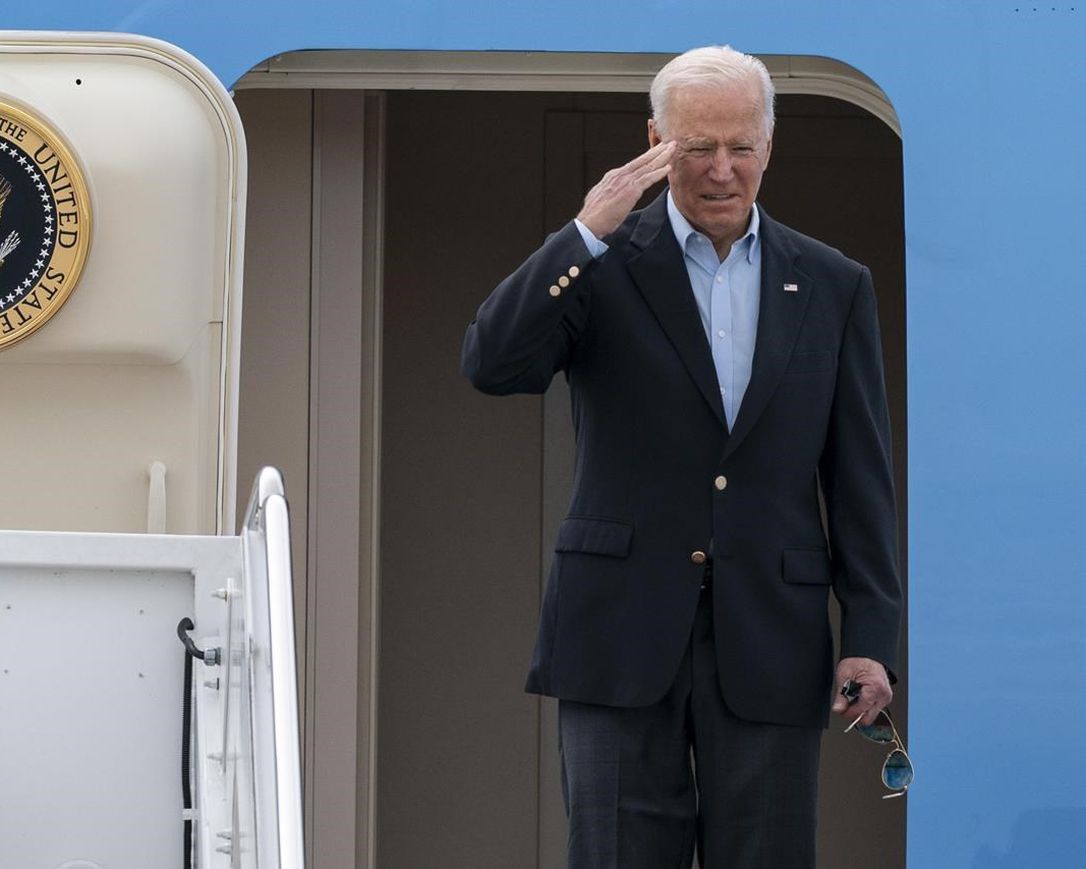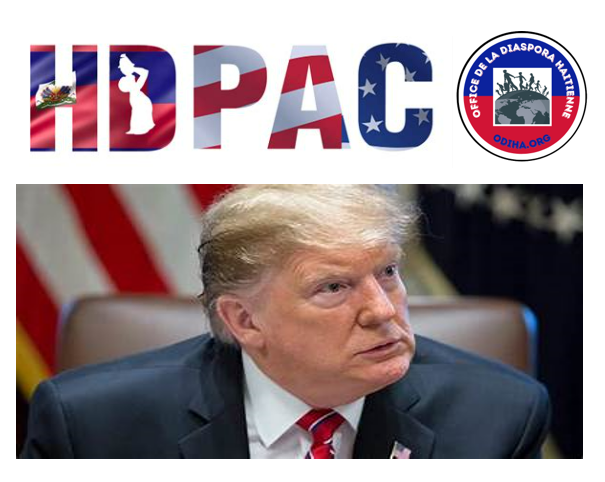|
Getting your Trinity Audio player ready...
|
BY: NATHANIEL BALLANTYNE
TRUENEWSBLOG- Congressional Democrats on Tuesday continued to clash over a slew of policy disagreements that have stalled roughly $3 trillion in new economic spending initiatives, raising the prospect that President Biden could depart for a foreign tour this week without a long-sought deal in hand.
Two days before the trip, Democratic lawmakers in the nation’s capital still had failed to resolve some of their most intractable disputes. Talks advanced between the party’s warring moderate and liberal factions, but they still appeared far apart on their plans to expand healthcare coverage, invest in green energy, provide paid leave to all Americans and overhaul the tax code.
One of their more audacious ideas — a new tax targeting hundreds of the country’s billionaires — remained in political limbo. A number of Democrats had hoped to create it in a way that raised more than half of its revenue from just 10 people, including Tesla co-founder and CEO Elon Musk and Amazon founder Jeff Bezos. (Bezos is the owner of The Washington Post). But others questioned whether the “billionaires tax” actually would work, clouding its political prospects.
The late-stage scramble over the details added to the steep task Democrats already faced in financing their new proposal, which could be valued at $1.75 trillion over 10 years.
Some Democratic leaders insisted Tuesday they are closer than they seem on a deal. A group of lawmakers — including Sens. Elizabeth Warren (D-Mass.) and Kyrsten Sinema (D-Ariz.) — rallied behind a plan to finance the spending through a new minimum tax on corporations.
Some Democrats hoped they could seize on the compromise to build more momentum, potentially opening the door for Biden to achieve a legislative victory before he arrives in Rome for the G-20 meeting of world leaders Saturday followed by a trip to Glasgow, Scotland, for a climate summit a day later.
“We’re still working, and we are closer to reaching a final agreement,” Senate Majority Leader Charles E. Schumer (D-N.Y.) said after meeting with his caucus at a lunch Tuesday. “We will get it done soon.”
Democrats quietly scramble to address immigration in social spending bill
For now, though, the persistent battles continued to bog down Democrats’ signature economic initiative. And they presented new obstacles for the future of a separate measure to improve the nation’s roads, bridges, pipes, ports and Internet connections. The latter proposal cleared the Senate in August, but it remains imperiled in the House, where left-leaning lawmakers on Tuesday maintained that they will not vote on one without the other — raising the odds that a resolution on Biden’s agenda could slip by another week.
“There are still several issues that are not done,” said Rep. Pramila Jayapal (D-Wash.), leader of the Congressional Progressive Caucus. She added there are “dozens of our members” who are prepared to vote against an infrastructure bill unless they can have a vote on the same day on their other spending initiatives.
The standoff illustrated anew the perils of governing with narrow majorities. Biden may appear to enjoy a moment of rare power in Washington, with the House, Senate and White House all in Democratic hands. But his party’s divisions are many, and distrust among its members remain high, making the process of shepherding the president’s economic vision into reality all the more complicated.
Ahead of his foreign trips, Biden has intensified his outreach to Capitol Hill, hoping to secure new spending as part of a broader push to tout Washington’s commitment to combating global warming on an international stage. He met with some Democrats at his private residence in Delaware this weekend and huddled with others at the White House on Tuesday, and Biden administration officials then met late into the evening with two moderate holdouts, Sens. Joe Manchin III (D-W.Va.) and Sinema.
The efforts helped close some of the divide over his “Build Back Better” tax-and-spending proposal, a sweeping effort to overhaul federal health care, education, climate and tax laws that shares the name of his 2020 presidential campaign slogan. But Biden and his Democratic allies still have considerable work on the horizon to finalize the initiative.
“We all know we need to do something promptly,” Sen. Tim Kaine (D-Va.) said, adding there are still issues to be addressed. “We want President Biden to be able to go to the [Group of 20 summit] and the climate summit with deliverables that are reflective of his values and ours, too.”
“I think we’ll get there,” he said, “but we’re not there yet.”
By Tuesday, Democrats had yet to settle on a price tag for the package, which they once valued at $3.5 trillion but have since sought to slim down to satisfy Manchin and Sinema. In recent days, Democrats have signaled the package could total between $1.75 trillion and $1.9 trillion, with many party lawmakers anticipating it is likely to fall lower on the range.
The most popular and interesting stories of the day to keep you in the know. In your inbox, every day.
Manchin, meanwhile, appeared to suggest Tuesday an openness to spending more than the $1.5 trillion maximum he initially outlined, even as he repeated his assertion at an event in Washington that Congress already has spent too much money this year, including the $1.9 trillion coronavirus aid package adopted in the spring.
“I don’t know for sure, we’re all negotiating,” he said at the Economic Club of Washington, adding: “I think 1.5 was more than fair since we just did 1.9.”
In doing so, Democrats resumed sparring privately over the potential cuts they may have to make to bring their package down to size.
Disputes continued to plague the party over paid leave, even after Biden agreed to reduce the benefits to four weeks from an original 12 weeks. Manchin has opposed the program, prompting a renewed effort from Sen. Kirsten Gillibrand (D-N.Y.), an advocate for the benefit, to craft a compromise.
“I’m optimistic we can continue to work together on a proposed solution,” she said on Tuesday, declining to offer specifics beyond saying they are pursuing a “new idea.”
Democrats may cut additional Medicare, Medicaid benefits to woo moderates
An effort to expand Medicare benefits similarly appeared in jeopardy. Democrats, led by Sen. Bernie Sanders (I-Vt.), the architect of the party’s spending blueprints, had hoped to offer new dental, vision and hearing benefits to American seniors. But Manchin has raised cost concerns, forcing Democrats to weigh a wide array of alternatives — from cutting benefits to eliminating the provision entirely.
“A serious reconciliation bill must include expanding Medicare to cover dental, hearing aids and eyeglasses,” Sanders told reporters, without acknowledging whether it is a red line for him.
Lawmakers also continued to work out their differences over other health-care priorities, including a proposed expansion of Medicaid benefits. And they kept haggling over the best ways to reduce carbon emissions, especially after Manchin opposed an earlier plan to pay power producers to switch to clean energy and penalize those that did not — an idea that once formed the basis of Biden’s planned pitch globally to reduce emissions.
As they warred over the core spending proposals in the package, Democrats forged ahead in their quest to rethink how to pay for it. Biden previously hoped to finance the bill by unwinding the tax cuts imposed under President Donald Trump, yet Sinema vehemently opposed such rate increases — forcing lawmakers back to the drawing board.
In response, party lawmakers on Tuesday fine-tuned a new plan to tax billionaires’ assets based on their market gains, a move that could raise hundreds of billions of dollars from about 700 of the country’s wealthiest Americans. But the emerging proposal from Sinema, Warren and Sen. Ron Wyden (D-Ore.) soon raised alarms among Democrats, including Rep. Richard E. Neal (Mass.), leader of the House’s tax-focused Ways and Means Committee, who has said that it might not raise as much as its supporters hope.
“We’ll have to see,” Neal told reporters, a day after he suggested the idea could face legal challenges. In a later exchange, House Speaker Nancy Pelosi (D-Calif.) said she is awaiting details on how much money it can actually raise. “We haven’t seen it,” she said.
Yet other Democrats saw early signs for hope: Wyden, Warren and others, including Sen. Angus King (I-Vt.), on Tuesday also unveiled a plan to impose a minimum 15 percent tax on corporations, seeking to address the fact that some of the most profitable firms use creative means to lower their burdens to zero. Sinema endorsed the plan, calling it a “common sense step.”
With so much unresolved, liberal Democrats opted to hold firm in their earlier political threats: They refused to budge and allow the House to advance a bipartisan infrastructure proposal that contains new investments to fight climate change. Even as Biden has sought to tout those provisions in Glasgow, liberals viewed it as leverage to secure additional aid to respond to global warming.
Jayapal reiterated the threat Tuesday, telling reporters after a meeting with Pelosi that some lawmakers in her bloc of roughly 100 do not believe a verbal or written deal with Manchin and Sinema is enough to assuage their concerns.
“In an ideal world, we would vote on both of them this weekend,” Jayapal said. “I would love that. But we have to have an agreement on what it is, so it can be written up, and then we can vote both of those through.”






